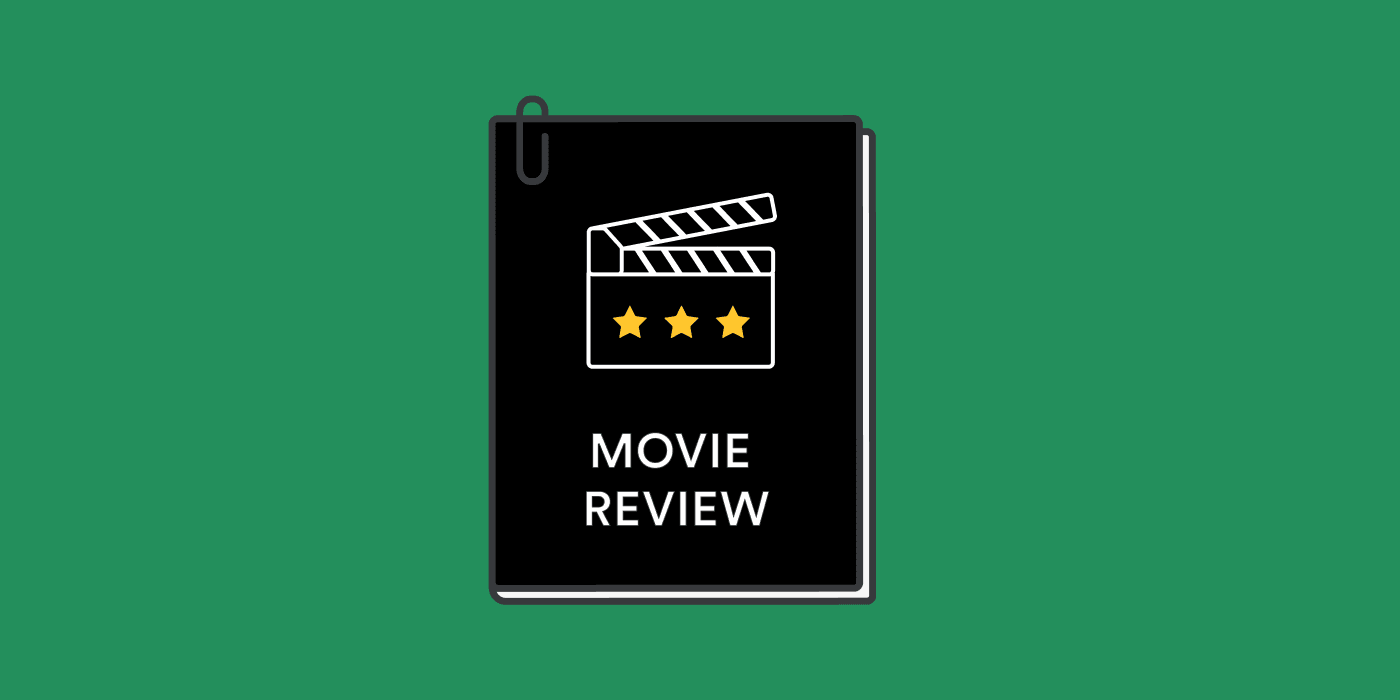The Role of Personal Opinion vs. Critical Analysis in Movie Reviews

Movie reviews have always been a fascinating blend of art and analysis. They serve not only as guides for audiences deciding what to watch but also as critical discussions that examine a film’s deeper meaning, technical aspects, and cultural relevance. At the heart of every review lies a key question: how much should it rely on personal opinion, and how much on critical analysis? Striking the right balance is essential for credibility and reader engagement.
For students in film studies or related academic fields, this balance becomes even more important. Professors expect essays that demonstrate critical thinking while still allowing room for individual perspective. Because of this, many students consider professional assistance such as a custom movie review writing service, which provides examples of how to merge subjectivity and analysis effectively.
The Value of Personal Opinion in Movie Reviews
Personal opinion is what makes a review unique. Each person experiences a film differently, and sharing that experience allows readers to connect emotionally with the reviewer. For instance, one viewer might find Christopher Nolan’s Inception thrilling because of its dreamlike narrative, while another might feel overwhelmed by its complexity. Both perspectives are valid, and including such personal impressions makes reviews relatable.
However, opinion alone is not enough. If a review simply says “I loved it” or “I hated it,” it fails to explain why. Without context or reasoning, opinion-based reviews can feel shallow. The best personal opinions in reviews are those supported by specific examples from the movie, such as how the soundtrack heightened the tension or how an actor’s performance carried emotional weight.
The Role of Critical Analysis in Movie Reviews
Critical analysis provides structure and depth. While personal opinion tells us how a reviewer felt, analysis explains the craft behind the film. This includes examining:
- Cinematography: How camera angles, lighting, and framing contribute to storytelling.
- Script and Dialogue: Whether the writing effectively develops characters and themes.
- Direction: The filmmaker’s vision and how successfully it translates onscreen.
- Acting: Performances that bring characters to life and influence audience empathy.
- Editing and Sound: How pacing, rhythm, and music affect the emotional journey.
Take Parasite by Bong Joon-ho as an example. While personal opinion might highlight how shocking the plot twist felt, critical analysis would examine how class struggle is represented visually through vertical spaces—the basement vs. the mansion—and thematically through dialogue and behavior.
In academic contexts, critical analysis is especially important. Teachers and professors expect students to demonstrate their ability to dissect a film’s components, not just share whether they liked it. This is why some students choose to buy college paper online, where they can study how professionals approach this balance.
Balancing Opinion and Analysis: The Ideal Approach
A well-rounded movie review is like a conversation between the heart and the mind. It uses personal opinion to show the reviewer’s unique voice but grounds those opinions in evidence through analysis.
Imagine reviewing The Dark Knight. An opinion might be: “Heath Ledger’s Joker left me disturbed and fascinated.” The analysis would follow with: “Ledger’s performance was enhanced by his improvisational style and the way the script emphasized chaos over order, making the character both terrifying and memorable.” This combination makes the review credible while still emotionally engaging.
Students often struggle to find this balance. Some focus too heavily on feelings, while others drown in technical details. The best practice is to weave both seamlessly—state how you felt, then explain why through analysis.
Why the Balance Matters for Different Audiences
Readers approach movie reviews with different goals. Casual readers may only want to know if a film is entertaining, while film students and enthusiasts may want a deeper critique. If a review only focuses on opinion, it risks alienating serious readers. If it only focuses on analysis, it may feel dry and inaccessible to general audiences.
This dual-purpose nature is why reviews in leading publications, like The New York Times or RogerEbert.com, mix both. They offer insightful analysis but always frame it with the critic’s personal reaction. The result is a review that is both intellectually engaging and personally relatable.
Conclusion
The role of personal opinion versus critical analysis in movie reviews is not about choosing one over the other but about blending both. Personal opinion gives reviews personality and relatability, while critical analysis provides depth and credibility. Together, they create reviews that engage readers, guide moviegoers, and satisfy academic expectations.
For students and aspiring critics, mastering this balance takes practice. Some may choose to seek guidance through a custom movie review writing service to learn how professionals structure reviews. Others might buy college paper online to study examples of academic critiques. Whatever the approach, the key is to recognize that great reviews are never just about what you think or what you analyze—they are about how well you combine the two.




